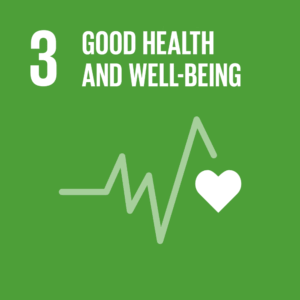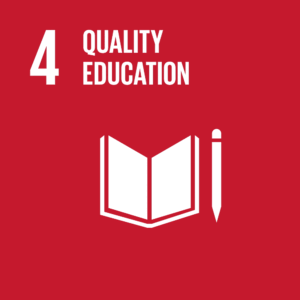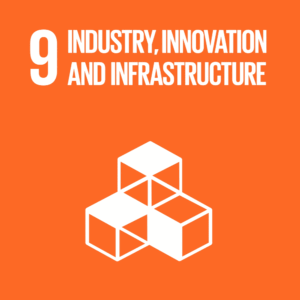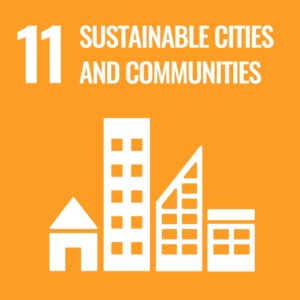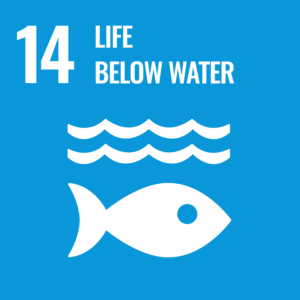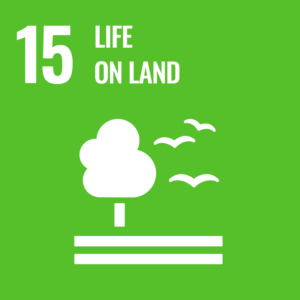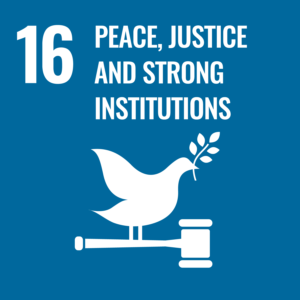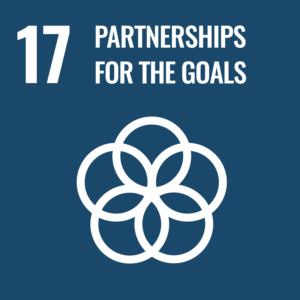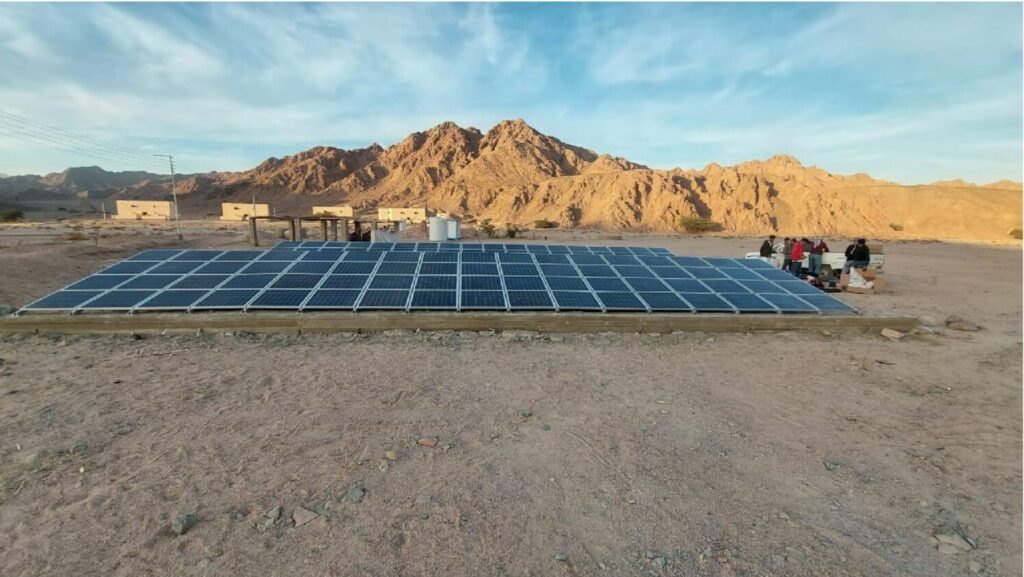The British University in Egypt (BUE) is empowering South Sinai communities to overcome critical water scarcity with an innovative, life-changing project: solar-powered desalination. Imagine villages where survival hinges on infrequent water deliveries, surrounded by desert and saline shores. BUE’s project brings a sustainable solution directly to them.
Water scarcity is one of the most pressing challenges of our time. It arises from a combination of factors including climate change. This is exacerbated for communities residing in immense deserts as well as those living close to sea shorelines, where freshwater resources are rare. In Egypt, this is the case for example in the south of the Sinai Peninsula where several communities live within the desert surrounding the city of Sharm El Sheikh, and close to the shoreline of the red sea. The inhabitants in this area rely on freshwater coming periodically from the city to sustain their needs. Extracting underground water has been also an option but is ruled out as a direct source of water for human consumption due to the high salinity.
One promising solution to address water scarcity is the desalination of brackish and seawater. Desalination technologies, however, are energy-intensive and costly, which can be unsustainable and environmentally damaging. To overcome these challenges, integrating solar energy with desalination processes offers a sustainable and cost-effective solution. Solar-powered desalination harnesses the abundant and renewable energy from the sun to drive the process, making it more environmentally friendly and accessible to remote and off-grid communities that lack reliable access to conventional energy sources.
This is the perfect solution for the problems facing the communities in Sinai, and the British University in Egypt (BUE) with experience in designing and building mobile water desalination units, powered by solar energy, stepped in to empower the affected communities with a transformative project to convert sea water to potable water. Combined with UNDP financial support, and the logistic support of the Ministry of the Environment and The Governorate of South Sinai, BUE developed and installed a Reverse-Osmosis water desalination unit at Gharana village in the outskirts of Sharm El Sheikh. The unit can accommodate sea water salinity and produces freshwater with salinity less than 300 PPM.
At Gharana village, the water intake is supplied from an underground well, which with the water desalination unit, and a PV plant provided by the Ministry of the Environment, provided the village inhabitants with a continuous supply of freshwater right at the center of their village.
For sustainability, the project has included training programs for local residents, empowering them with the skills needed to operate and maintain the desalination unit. This has fostered a sense of ownership and responsibility within the community.
The impact of this project on the local community is profound. It tremendously improved the quality of life in the village and is creating business opportunities which utilize the brine discharge of the desalination process in farming and food processing industries, both of which are under development with the local communities and authorities.
The bigger picture looks even brighter. The success of this project serves as a model for other regions facing similar water scarcity challenges and demonstrates the transformative impact of the desalination project on the local communities in South Sinai, highlighting the importance of collaborative efforts in addressing critical environmental and social issues.
Video 4 Water desalination unit in operation




